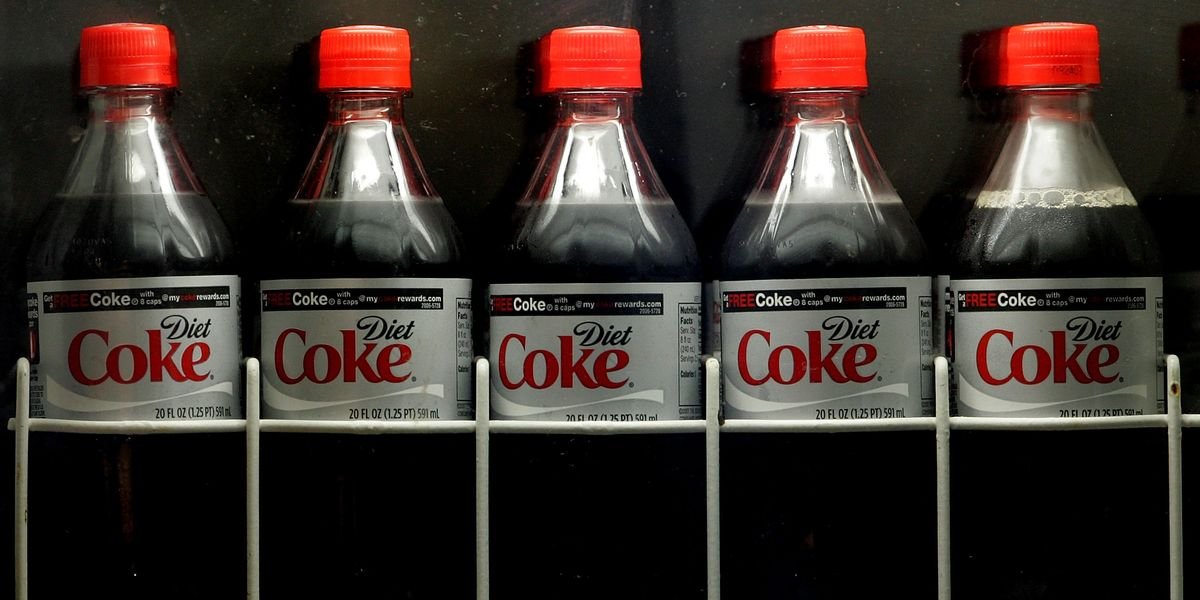In a recent development, Diet Coke’s widely used sweetener, aspartame, has now been classified as a ‘possible carcinogen’. Aspartame, known for its use in various low-calorie and sugar-free products, has faced controversy in the past regarding potential health risks. This new classification by cancer experts has sparked concerns and raised questions about the safety of consuming beverages and foods containing aspartame. In this article, we dive into the latest findings and their implications on the market and consumer choice.
Introduction
Diet Coke has long been a popular choice for those looking to enjoy a tasty beverage without the added calories of regular soda. However, recent news has sparked concerns about the safety of Diet Coke’s sweetener, aspartame. The compound, widely used as an artificial sweetener in various Food and beverage products, has now been classified as a ‘possible carcinogen’ by regulatory agencies.
What is aspartame?
Aspartame is an artificial sweetener that is used as a sugar substitute in Diet Coke and many other diet drinks and sugar-free products. It is about 200 times sweeter than sugar, making it a popular choice for those watching their sugar intake or trying to lose weight. Aspartame is made up of two amino acids, aspartic acid, and phenylalanine, which are both naturally occurring substances.
Controversial findings
For years, aspartame has been the subject of controversial discussions and conflicting research findings. While regulatory agencies such as the U.S. Food and Drug Administration (FDA) and the European Food Safety Authority (EFSA) have consistently maintained that aspartame is safe for consumption, some independent studies have raised concerns regarding its potential health risks.
One of the main controversies surrounding aspartame is related to its potential carcinogenic effects. Several animal studies conducted in the past have shown mixed results, ranging from no significant effects to a possible increased risk of certain cancers, such as lymphomas and leukemia in rats.
Recent classification
In 2020, the Center for Science in the Public Interest (CSPI), a consumer advocacy group, petitioned the National Toxicology Program (NTP) – a branch of the U.S. Department of Health and Human Services – to examine the potential carcinogenicity of aspartame. In response to this petition, the NTP examined the available scientific evidence and recently classified aspartame as a ‘possible carcinogen’ in its 15th report on carcinogens.
It’s important to note that a ‘possible carcinogen’ classification does not mean that aspartame definitively causes cancer in humans. Rather, it suggests that there is some limited evidence of carcinogenicity based on experimental animal studies and that further research is warranted to understand the potential risks fully.
Industry and scientific responses
The recent classification has ignited a response from both the industry and scientific communities. The American Beverage Association continues to defend the safety of Diet Coke and other products containing aspartame, highlighting the regulatory authorities’ stance that it is safe for consumption in moderate amounts.
Many scientists also emphasize the need for more research to fully understand the potential risks and reassure consumers about the safety of aspartame. They highlight that the doses of aspartame used in animal studies are significantly higher than the typical levels consumed by humans, making direct comparisons difficult.
Conclusion
While the recent classification of aspartame as a ‘possible carcinogen’ raises concerns, it is essential to consider the bigger picture. As regulatory agencies and scientific communities continue to study aspartame’s safety, it is crucial for individuals to make informed choices about their dietary habits.
If you are concerned about the potential health risks associated with sweeteners like aspartame, it may be wise to moderate your intake or explore alternative options. Many natural sweeteners, such as stevia, are gaining popularity and provide a safer alternative for those looking to reduce their sugar consumption. Ultimately, the decision is yours, and it’s always a good idea to consult with a healthcare professional if you have specific concerns.




































